Hardwood floors are a timeless feature in any home. They bring warmth, elegance, and natural character to your space—but only if they’re properly cared for. Choosing the right cleaner for hardwood flooring is not just about keeping things shiny. It’s about protecting your investment for years to come.
If you’ve ever used a cleaner that left your floors sticky, streaky, or dull, you already know this isn’t a decision to take lightly. In this post, we’ll walk you through what makes a cleaner hardwood-safe, which products are worth trying, and some key tips most homeowners don’t know until it’s too late.
Let’s break it down.
Why the Right Cleaner Makes a Big Difference
Hardwood flooring may look tough, but it’s surprisingly delicate. The wood itself is porous, and the protective finish—whether it’s polyurethane, oil, wax, or lacquer—can be easily damaged by harsh chemicals or too much moisture.
Using the wrong type of cleaner can lead to:
- Dulling or clouding the finish
- Residue buildup that attracts dirt
- Warping, swelling, or separating floorboards
- Premature wear or permanent damage
That’s why it’s important to choose a cleaner that’s specifically designed for hardwood flooring. Not all floor cleaners are created equal—and some can do more harm than good.
What to Look For in a Hardwood Floor Cleaner
Before grabbing any old bottle from the cleaning aisle, here are the qualities that really matter in a hardwood floor cleaner.
- Neutral pH
Cleaners that are too acidic or too alkaline can damage your floor’s finish. Neutral pH options are safe and gentle enough for regular use. - No Harsh Solvents or Bleach
Avoid products containing ammonia, bleach, or strong degreasers. These strip away protective coatings and can leave streaks or dull spots behind. - No Residue
A good cleaner won’t leave any film or sticky layer. Residue not only looks bad—it attracts dirt and dulls shine over time. - Finish Compatibility
Not all hardwood floors are finished the same way. What works on a sealed polyurethane finish might not be suitable for waxed or oiled wood. Always check the cleaner’s compatibility with your floor type. - Safe Ingredients
Especially if you have kids, pets, or sensitivities, look for non-toxic, low-VOC, or plant-based formulas.
What to Avoid at All Costs
There’s a lot of DIY advice out there, but not all of it is floor-safe. Here are some common mistakes to steer clear of.
Vinegar and Water
Despite being a popular home remedy, vinegar is acidic. Over time, it can degrade the finish and leave floors looking dull and scratched.
Steam Mops
Unless your floor is specifically designed to handle steam cleaning, avoid it. Moisture and heat can cause swelling, warping, and separation.
All-Purpose Cleaners
If the bottle doesn’t say it’s safe for hardwood, don’t use it. Even “natural” all-purpose cleaners can be too harsh or leave residues.
Too Much Water
Excess water is one of the biggest enemies of hardwood. Always use a damp mop, never a soaking wet one.
The Best Cleaners for Hardwood Flooring (Tested and Trusted)
Here are some of the most recommended hardwood floor cleaners based on performance, safety, and user reviews.
Bona Hardwood Floor Cleaner
A favorite among professionals and homeowners alike. It’s pH-neutral, dries quickly, and leaves no residue. Ideal for regular use and compatible with most sealed hardwood floors.
Why people love it: Reliable, safe for kids and pets, easy spray-and-wipe application.
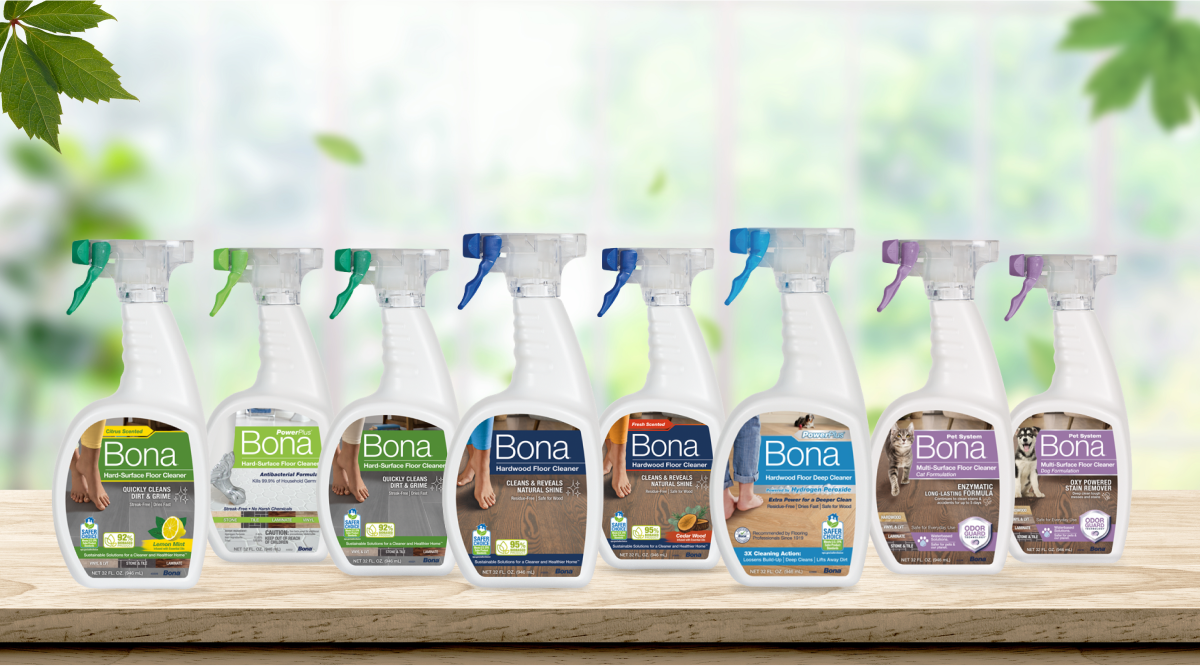
Weiman Hardwood Floor Cleaner (Plant-Based Formula)
This cleaner uses plant-derived ingredients, making it a gentler option for households with chemical sensitivities. It’s streak-free, pleasantly scented, and leaves a subtle shine.
Great for: Eco-conscious households and everyday maintenance.

Method Squirt + Mop Wood Floor Cleaner
This cleaner is beloved for its sweet almond scent and no-rinse formula. It’s perfect for quick cleanups and doesn’t require mixing with water.
Best for: Busy households looking for something quick and effective.
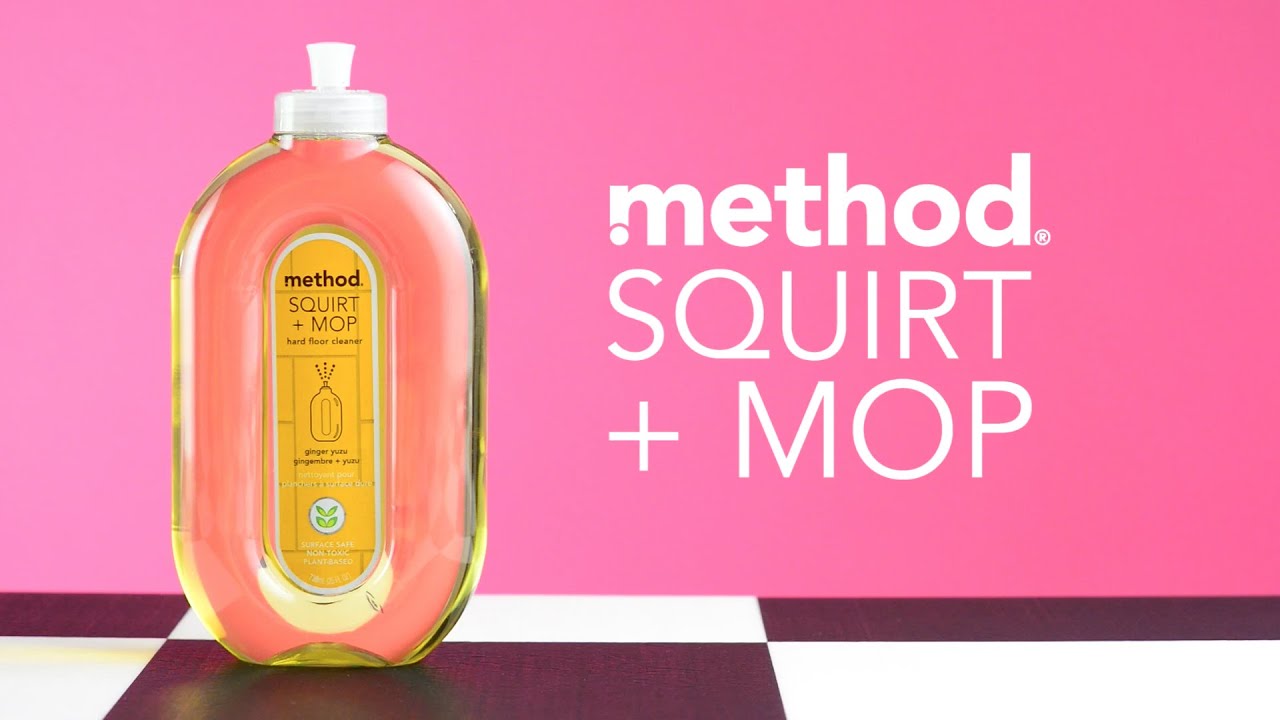
OdoBan No Rinse Neutral pH Floor Cleaner
This concentrate is a great value and works on more than just wood. It’s neutral pH, doesn’t require rinsing, and is perfect for homes where floors are cleaned frequently.
Standout feature: Safe for finishes, no rinsing required, economical.
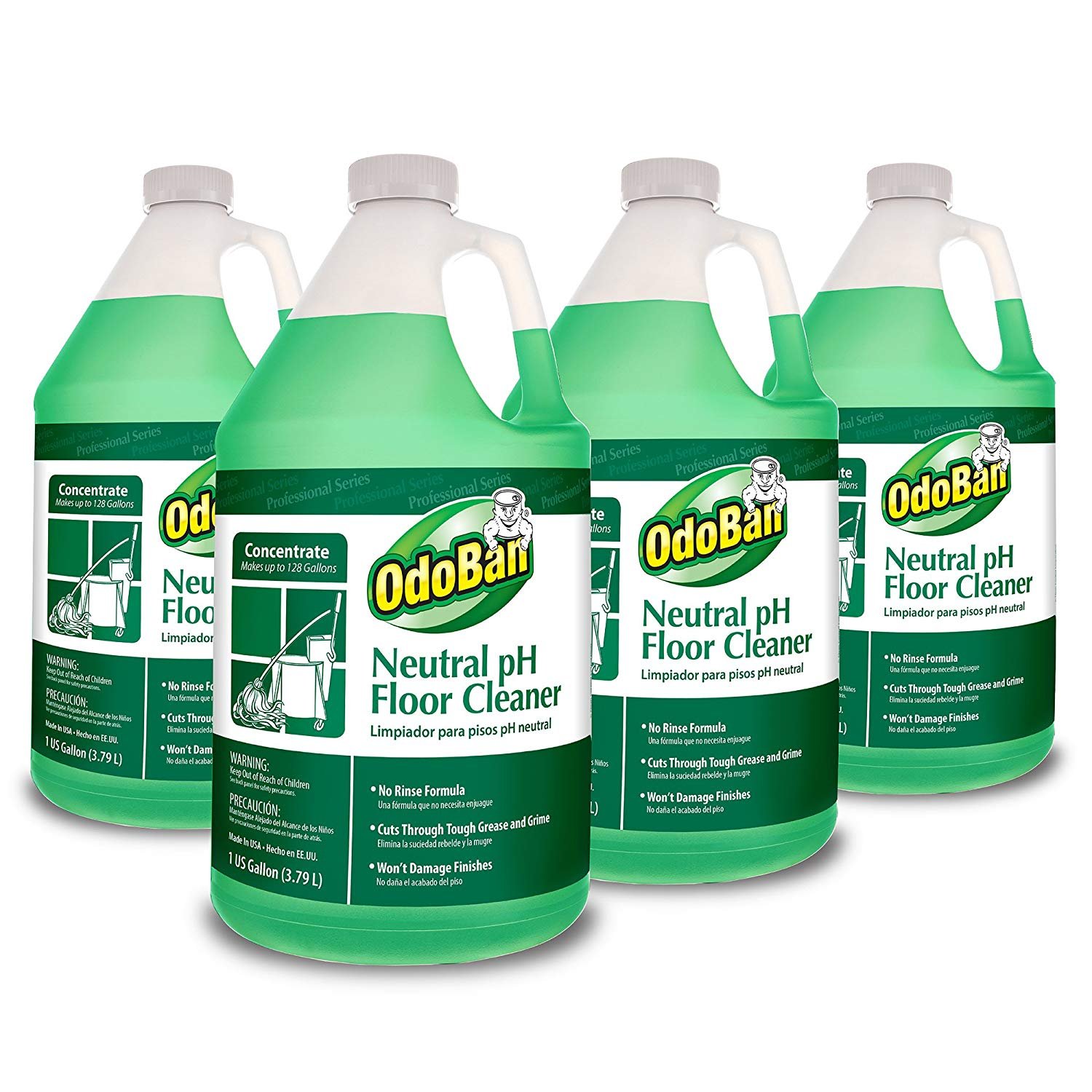
Bruce Hardwood and Laminate Floor Cleaner
A solid budget-friendly option, especially for large areas. It’s a no-fuss, no-rinse cleaner that performs well and doesn’t streak.
Ideal for: High-traffic homes or anyone cleaning large square footage on a budget.
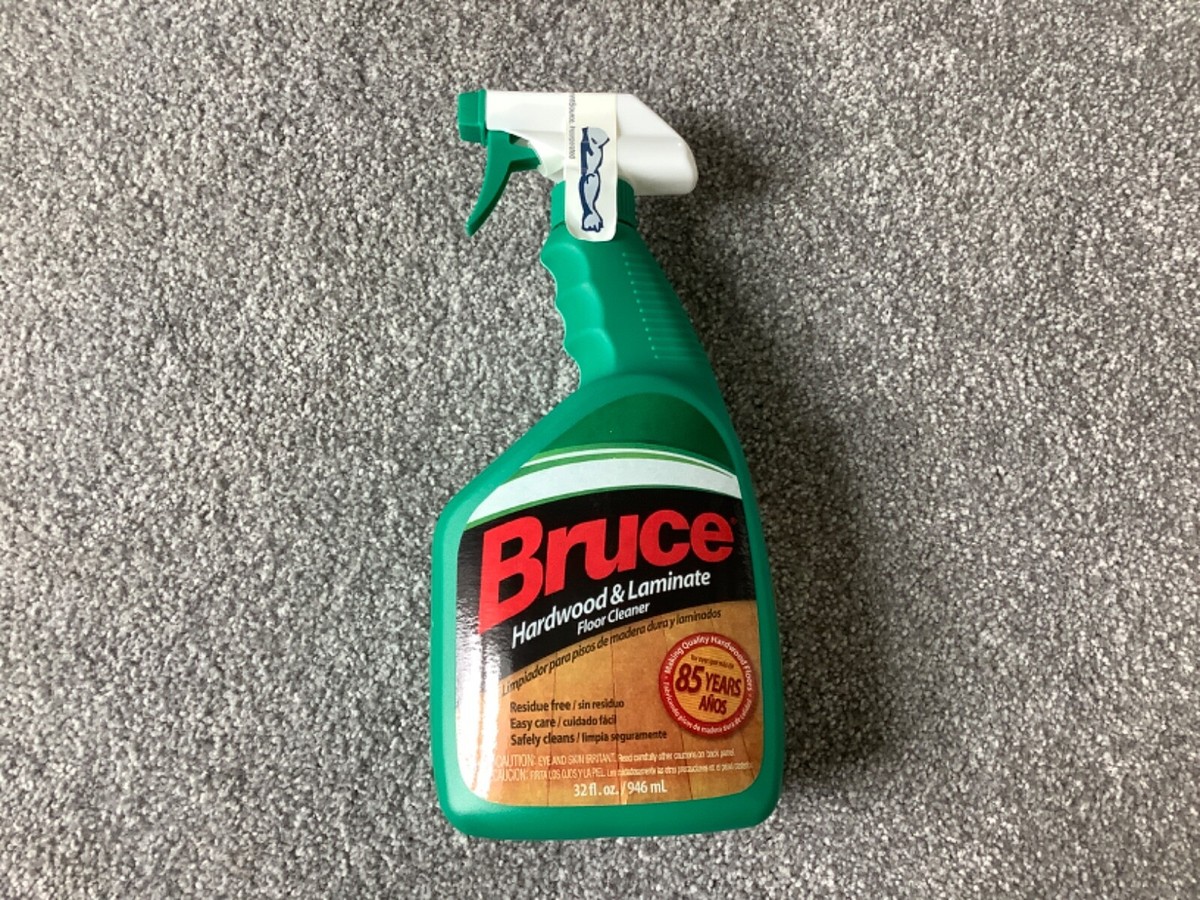
Weiman High-Traffic Hardwood Polish and Restorer
This isn’t your daily cleaner—it’s for when your floors start to look a little tired. This product adds a temporary shine and can mask scuffs and light wear.
Tip: Don’t overuse polish; a few times a year is plenty.
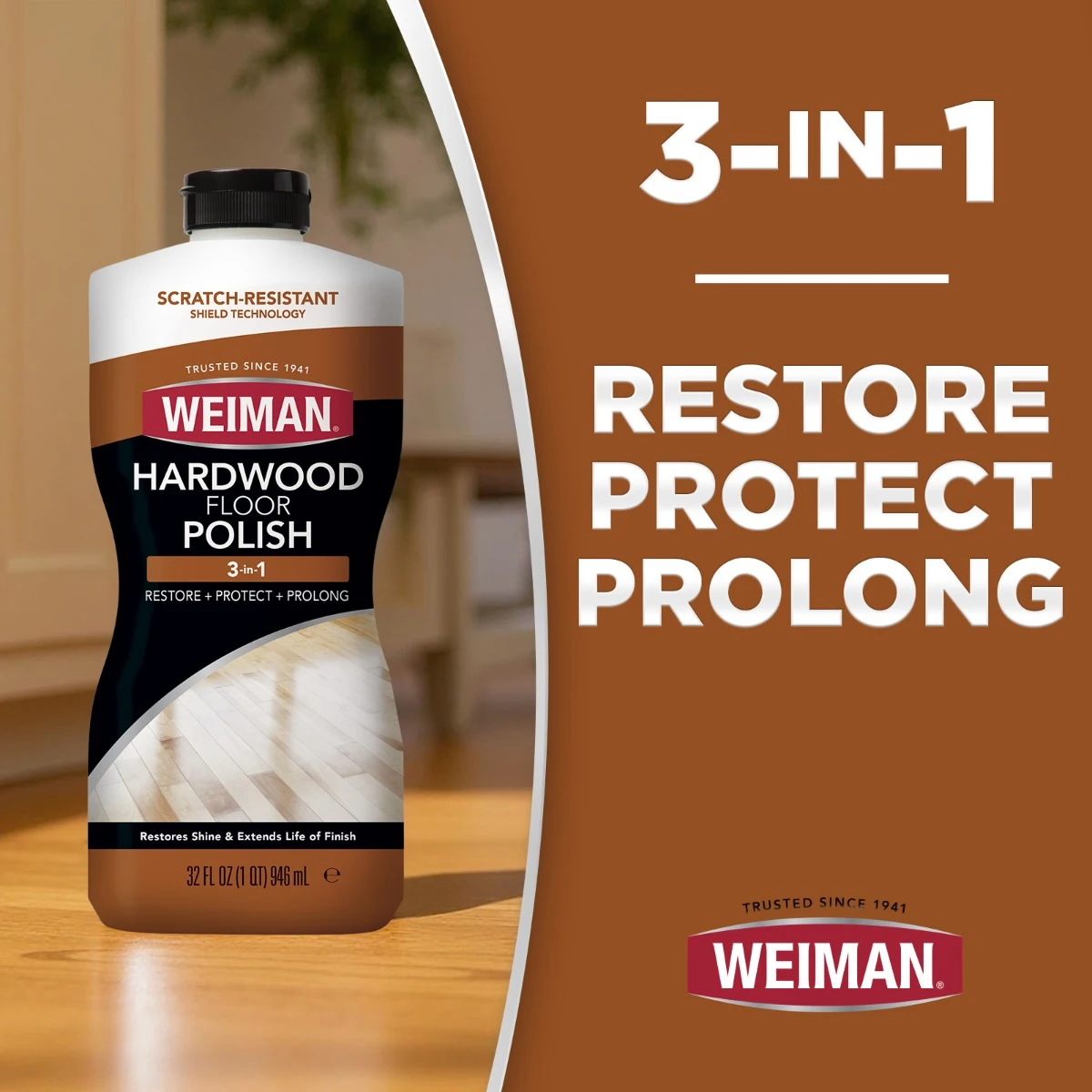
Rose’s Natural Store Peppermint Cleaner (Etsy)
If you’re into handmade or small-batch products, this peppermint-scented, plant-based cleaner is a hidden gem. It’s non-toxic and ideal for families or eco-friendly homes.
Nice touch: Supports small business and smells amazing.
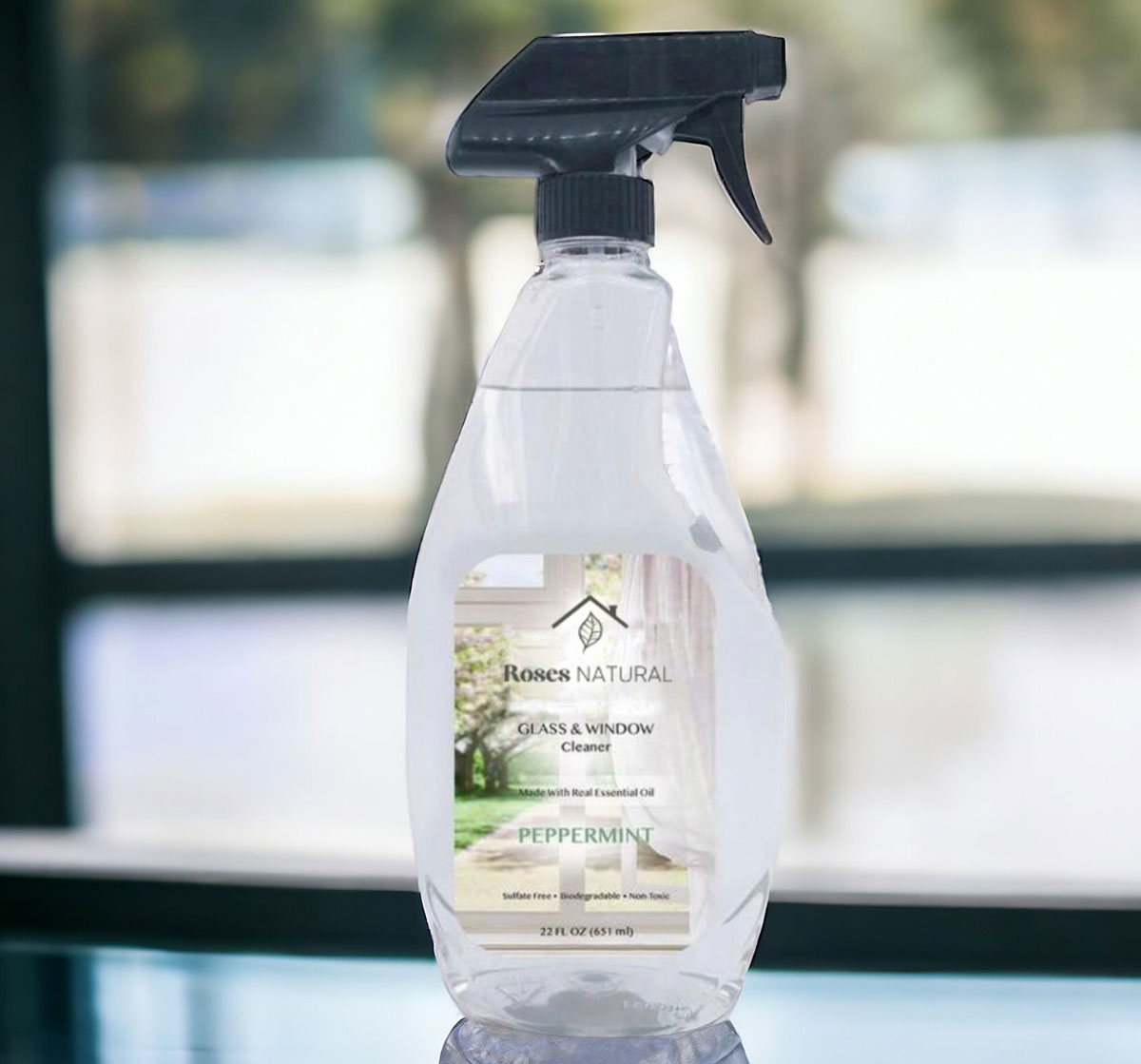
How to Pick the Right Cleaner for Your Home
Not every product is right for every situation. Here’s a quick way to match a cleaner to your needs:
- For regular, everyday cleaning: Bona, Bruce, or Method
- For eco-conscious families: Weiman Plant-Based or Rose’s Natural
- For deep cleaning: OdoBan Neutral pH concentrate
- For restoring shine: Weiman High-Traffic Polish
- For oiled or waxed floors: Use a cleaner specifically labeled for that finish—check your floor manufacturer’s guidelines
Bonus Tips Most People Don’t Know
- Use clean mop heads every time. Dirty mop pads just spread grime.
- Vacuum or dry-sweep often to remove grit that scratches the floor.
- Don’t mix and match products unless you know they’re compatible. Layering different formulas can cause buildup or chemical reactions.
- Spot test new cleaners in a hidden area before doing the entire floor.
Final Thoughts
Hardwood floors are a long-term investment, and choosing the right cleaner is key to keeping them looking their best. The goal isn’t just to make them look clean today—it’s to maintain their beauty for years to come.
Stick with pH-neutral, residue-free formulas. Avoid shortcuts like vinegar or steam mops. And match your cleaner to your lifestyle and the type of finish your floor has.
When you do it right, hardwood floors age gracefully, develop character, and only get better with time.

